The United Arab Emirates has reaffirmed its commitment to boost energy production during its annual oil-and-gas summit, despite falling global prices and geopolitical uncertainty ahead of the U.S. presidential election.
The Abu Dhabi International Petroleum Exhibition and Conference follows the UAE's recent hosting of the U.N. COP28 climate talks, where nearly 200 countries called for a move away from fossil fuels—marking a significant moment in global climate discussions.
Yet, the UAE aims to increase its oil production capacity to five million barrels per day in the coming years, even as it explores cleaner energy alternatives domestically.
Officials sidestepped inquiries about the upcoming U.S. election, while continuing to foster ties with Russia, amid ongoing tensions surrounding the war in Ukraine.

Why Are Crude Oil Prices Low?
Sultan al-Jaber, head of the state-run Abu Dhabi National Oil Company said: "Allow me to say that we in the United Arab Emirates will always choose partnership over polarization, dialogue over division, and peace over provocation."
Current crude oil prices remain low, with benchmark Brent crude trading around $74 per barrel on Monday.
The price can be attributed to easing fears of an expanded conflict in the Middle East, coupled with slowing economic growth in China and an oversupply in the market.
In his opening remarks at the summit, al-Jaber emphasized the role of artificial intelligence in shaping the future of the energy sector, acknowledging its significant electricity demands.
"No single source of energy is going to be enough to meet this demand," he said, advocating for a diverse energy mix that includes fossil fuels.
"Oil will continue to be used for fuel and as a building block for many essential products," he added.

Can Global Carbon Emissions be Curbed?
As scientists call for a drastic reduction in global emissions to limit temperature rise to 1.5 degrees Celsius above preindustrial levels, Suhail al-Mazrouei, the UAE's minister of energy and infrastructure, reiterated the importance of investing in oil and gas to meet market demand.
He said "We are committed to investing in more resources in the future to ensure the world will have adequate oil and gas supplies."
India's Minister of Petroleum and Natural Gas, Hardeep Singh Puri, criticized those he described as "ideologically motivated colleagues" pushing to end fossil fuel production.
He stressed the need for affordable traditional energy in the transition to greener alternatives, suggesting such energy would be necessary for at least the next two decades.
UAE-Russia Ties
Politics lingered in the air during the summit, with attendees speculating on which U.S. presidential candidate—Vice President Kamala Harris or former President Donald Trump—might be more favorable for their business interests.
When prompted about his country's preference, al-Mazrouei deflected, saying: "Of course, we will be discussing energy politics here, and I would rather not ... talk about the election in the United States. As a political contest, we wish both candidates the best."
The UAE continues to maintain close relations with Russia, despite Western sanctions.
One of the summit's key partners was Lukoil, Russia's largest non-state oil company, further illustrating the complex geopolitical landscape surrounding energy discussions.
This article contains additional reporting from The Associated Press
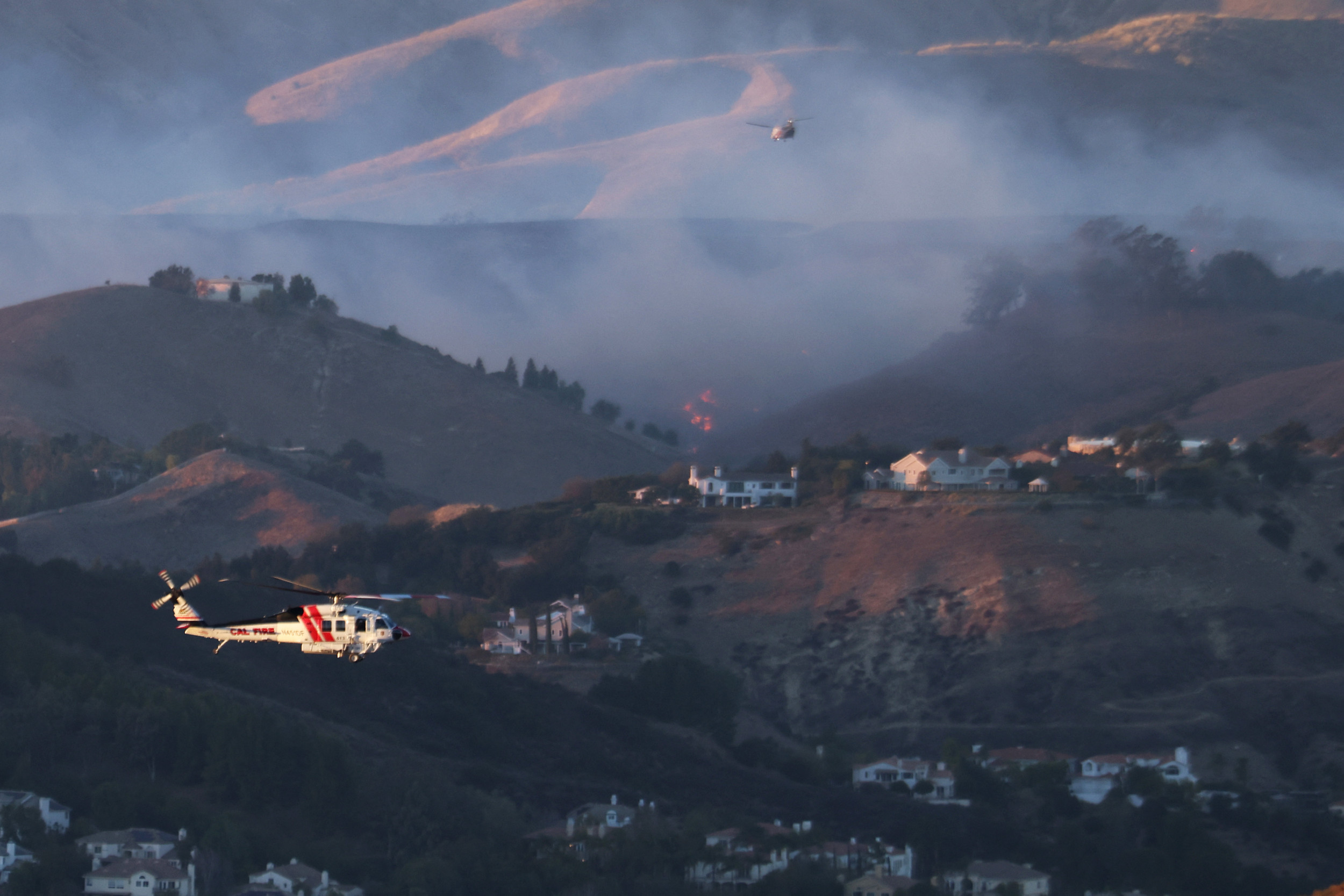
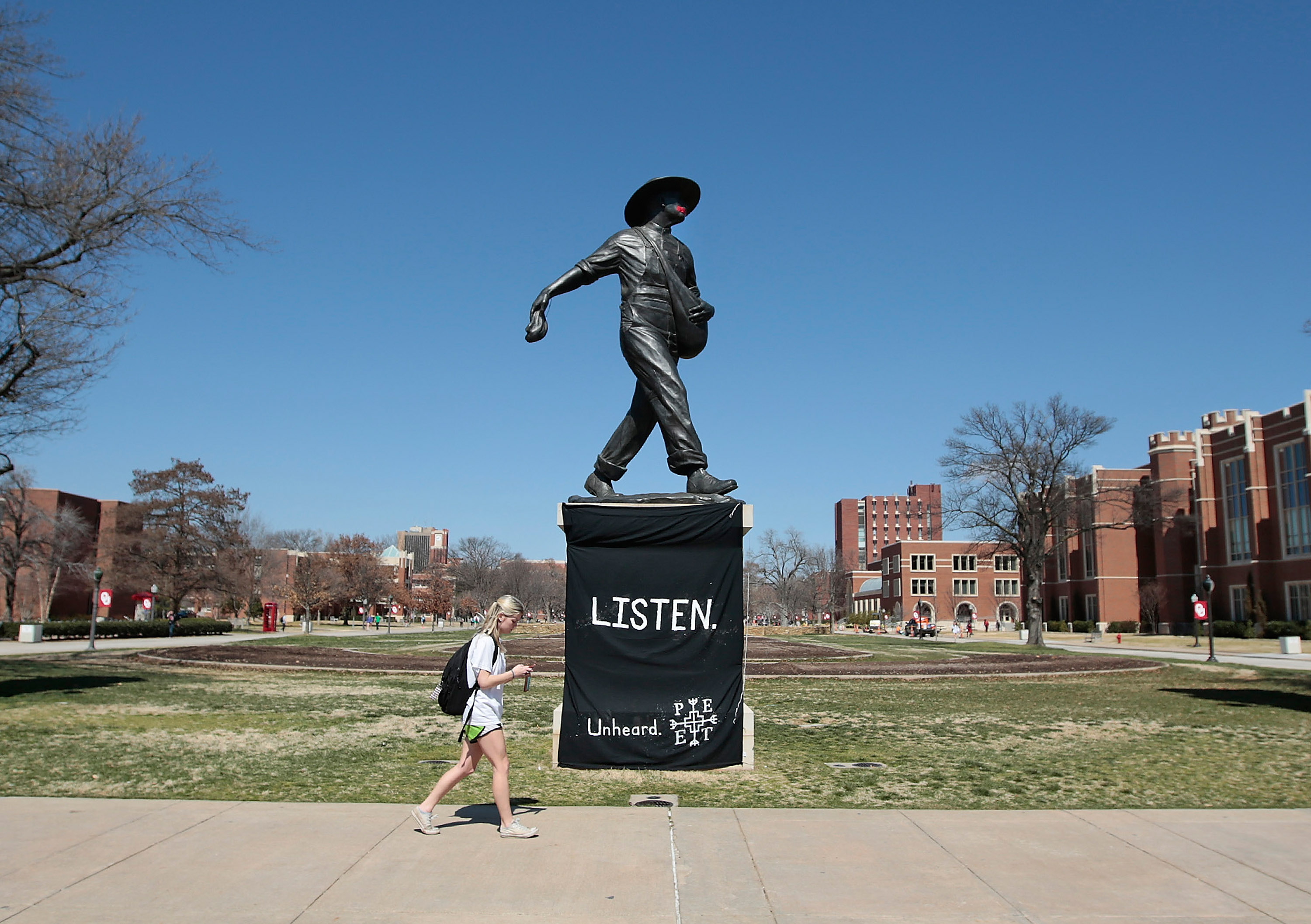


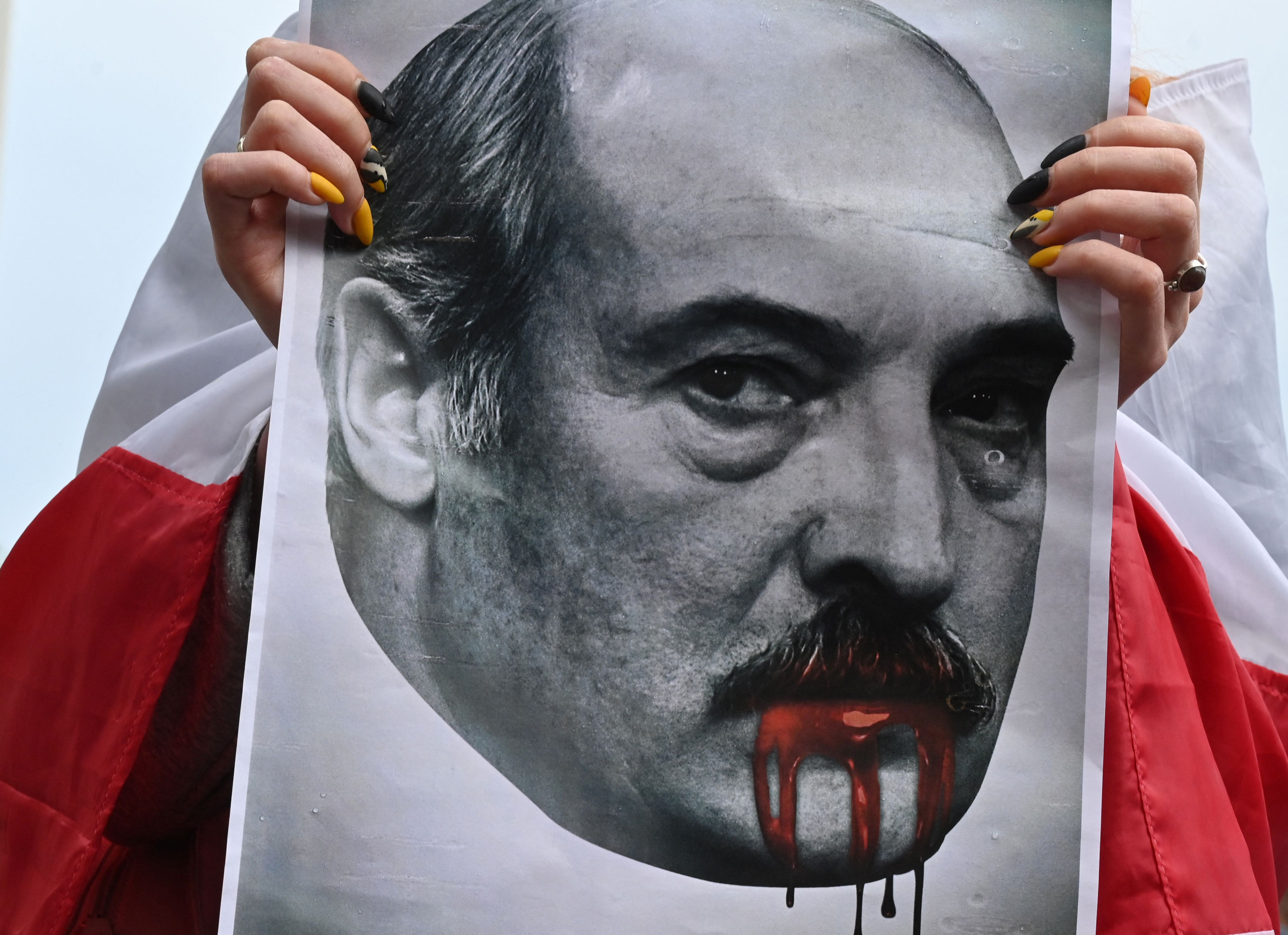



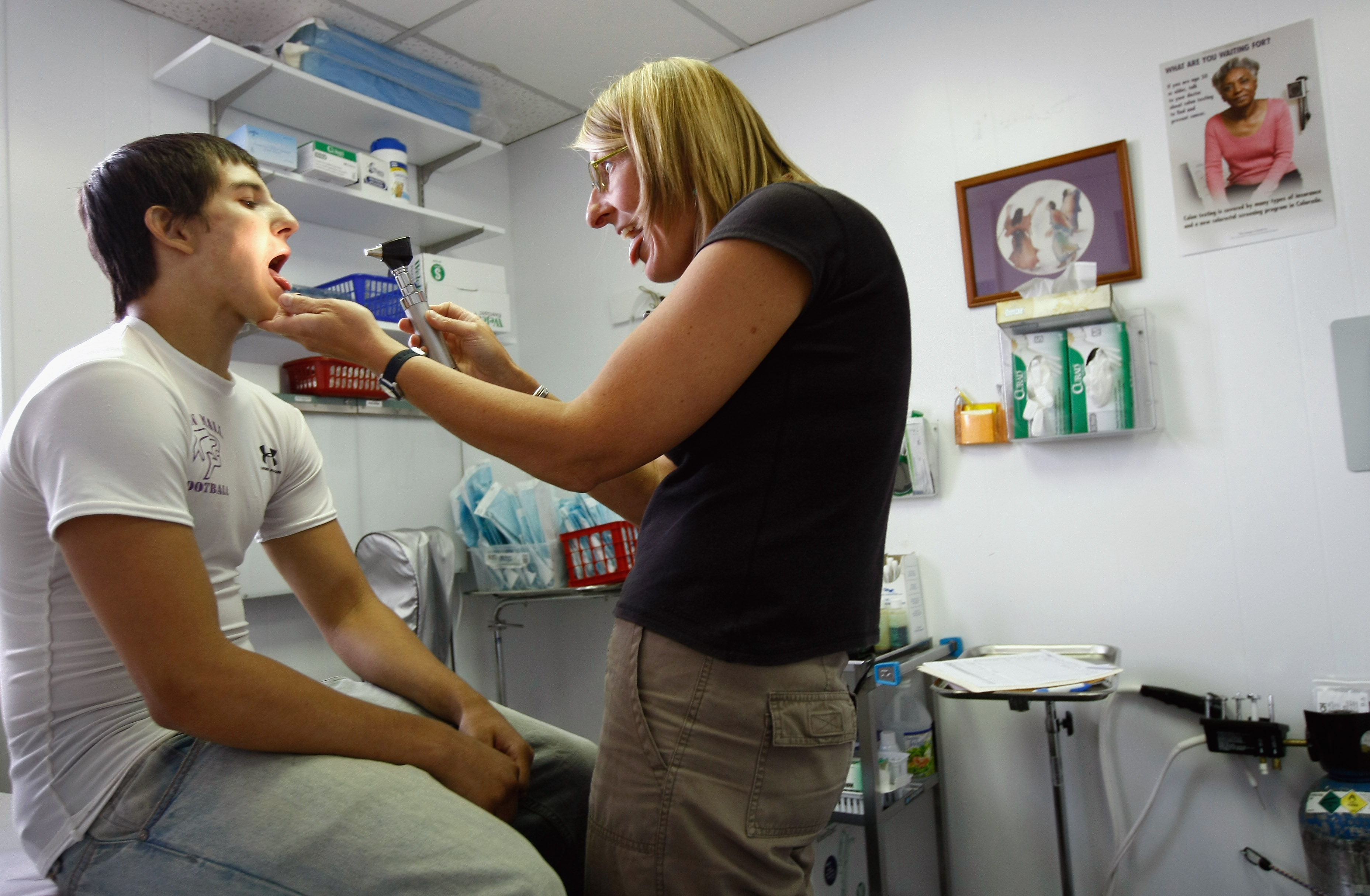
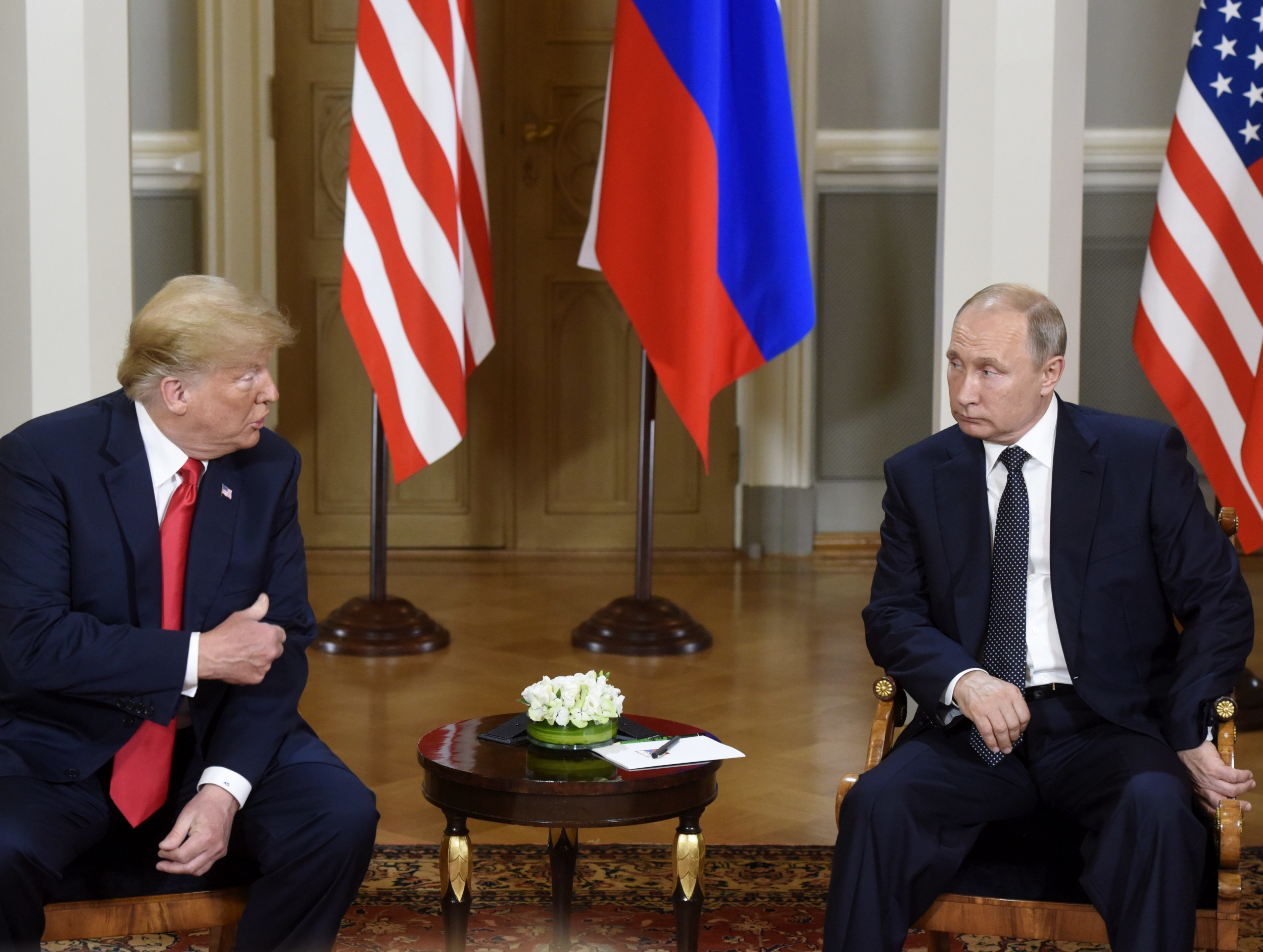










 English (US) ·
English (US) ·